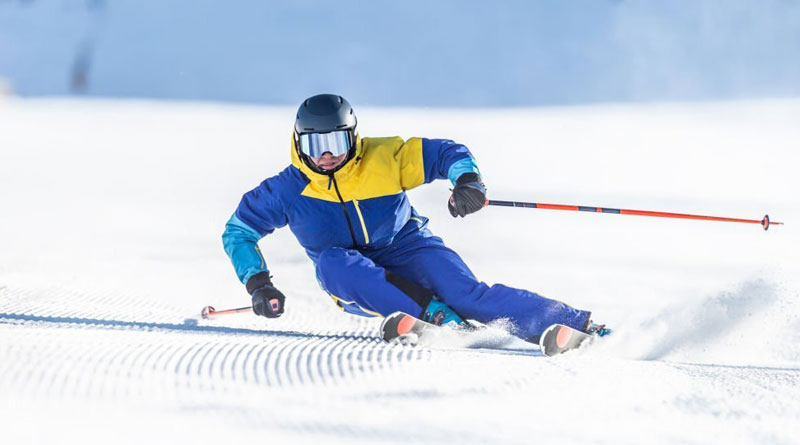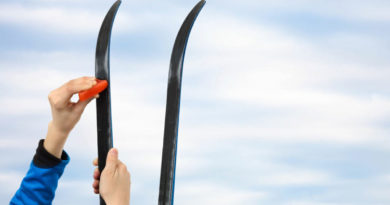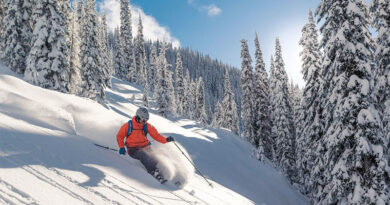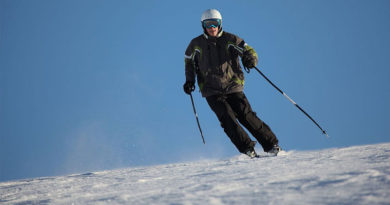Are Longer Skis Faster?
Yes, longer skis go faster than shorter skis. There are two reasons why it makes sense. It is the basic laws of physics and here is how it works. First, the longer skis provide better weight distribution and there is of course less pressure exerted from the base of the skis. Less pressure reduces the drag of skis and the surface of the snow. Less pressure also means there is lower resistance from the ground. Second, longer skis are heavier; therefore, they provide greater momentum.
Better Weight Distribution
Longer skis have weight distributed over a larger surface area. When you are on your skis, your weight is dispersed along the length of the ski rather than acting on a single point. This means there is less mechanical stress on the snow. Snow stretches under pressure, which causes internal friction. Another reason is that longer skis are bigger and hence they have more weight in them. The extra weight creates a more natural force (momentum) when you are skiing downhill. It is a basic law of physics. A heavier object will slide faster than a lighter object.
Less Pressure
Longer skis will have more surface area, which means there will be less pressure exerted on the snow. This result in less penetration of the skis in the snow and it will lead your skis to go faster.
Drag
Drag is a force that tends to make an object move more slowly. Longer skis with short widths will have less drag from the snow. Keep in mind it is not less surface friction on the bottom of the ski, which is a completely different thing. However, with wider skis, you will have more drag. So, if you want to go fast, get a pair of longer skis with shorter widths. Learn more about narrow vs. wide skis here.
Longer Skis are Heavier
It is obvious that longer skis will be heavier. The weight does affect the speed of the skis. The heavier skis slide faster than the lighter skis and that’s because they have more mass in them. As I mentioned before, it is the basic law of physics. Heavier objects tend to slide faster than lighter objects.
How do Ski lengths affect performance?
Apart from speed, the length of the skis affects its performance in two ways; stability and maneuverability. Due to the larger surface area in contact with snow, longer skis are more stable at higher speeds. The larger surface area in contact with snow also makes them a good option for powder snow. They are less likely to penetrate into the snow. Second, longer skis are difficult to maneuver. They have a wider turning radius compared to their counterpart shorter skis. Beginner skiers will have a hard time turning them in different directions.
When to Choose Longer Skis?
Choose longer skis if:
- You are an expert or intermediate skier
- You want to go faster downhill
- You want the stability of longer skis
- You like to ski more aggressively
- You are comfortable with the wider turning radius
- You ski powder more often
When to Avoid Longer Skis?
Avoid longer skis if:
- You are a beginner skier
- You like to ski at slower speeds
- Your fitness level is not up to the mark
- You are getting older
- You are not an aggressive skier
- You prefer shorter skis because they offer better handling
- You ski hard snow more often than power
What is the Ideal Length of Skis?
It is a fact that longer skis are faster but they are not for everyone. They are sometimes overkill for some average skier. So, you need to strike a good balance between performance, speed, and length. For an average skier, 160 – 180cm is the ideal length considering the average height in the US. Keep in mind that the length of skis also depends on your ability level and your height. See this article for a detailed comparison of long vs. short skis. It also has a detailed chart regarding skier height and skis length.




